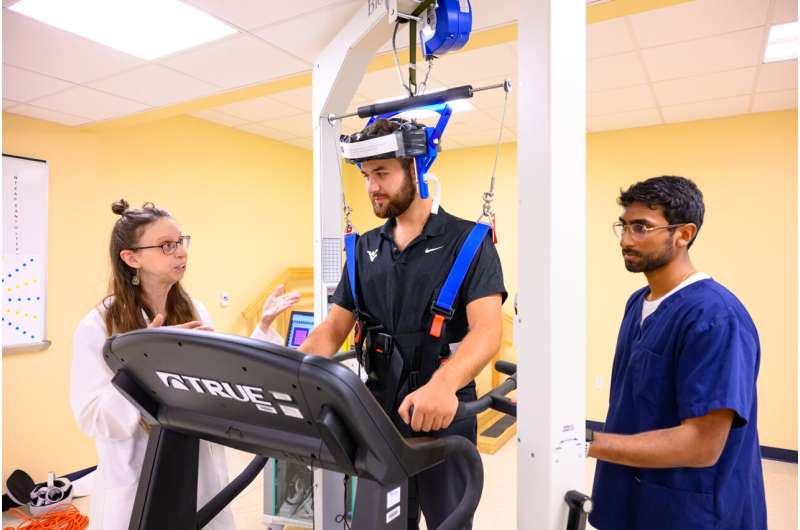Researchers tested their prototype in a real world setting to assess its accuracy and determine needs for improvement. The prototype is being designed to address issues with traditional Positron Emission Tomography—PET—scanners which require patients to lie still for imaging.
“A lot of PET imaging is being done for research or diagnostics with patients with diseases that cause involuntary or uncontrollable movement such as Parkinson’s. This makes it difficult or impossible to test these patients when their symptoms become too severe, since regular brain imagers require staying very still.

